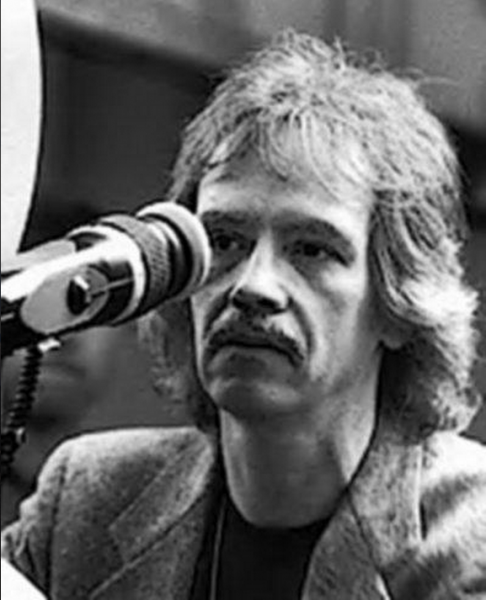John Carpenter on being a filmmaker
11.04.2013

Today's insight is an essay on being a filmmaker, by indie filmmaker John Carpenter.
I'm flattered if someone comes to me with the idea of remaking one of my films. Remake or original, making a movie still comes down to old-fashioned hard work. If it's based on another film, well, so be it. Remakes have been part of cinema since its earliest days - think of "A Star Is Born" (1937), which was remade numerous times. And they're especially big right now because it's become increasingly difficult to lure audiences into theaters. Advertising a remade title that may be familiar to audiences can hopefully cut through the clutter of titles and products that one sees.
When you've been in the movie business for as long as I have your priorities change. The reasons I got into it in the beginning were very pure. I was driven by a creative urge to be a part of Hollywood and to make my mark in the movies. As I've gone through it practically -- in real life -- I've realized that ambition is immature. Luck and the randomness of fate play such a big part in whether I'm a success or a failure. After a while, I told myself, "The only thing I can do is the best I can do." That's what being a professional is all about. It's how I conduct myself. I try to live with dignity and honor. But I can't ever depend on reaching my goals, because there's too much that I can't control in my way. I've learned that I either have to be happy with who I am -- or not.
I'm pretty happy with who I am. I like myself and what I'm doing. I don't need to be the world's greatest director or the most famous -- or the richest. I don't need to make a whole lot of great films. I can do my job and I can do it pretty well. This is the realization I've come to, later in life. It's called growing up.
When somebody who makes movies for a living -- either as an actor, writer, producer or director -- lives to be a certain age, you have to admire them. It is an act of courage to make a film -- a courage for which you are not prepared in the rest of life. It is very hard and very destructive. But we do it because we love it. Regardless of how bitter I was a few years ago because of my experiences at the studios, I'm still making films.
Film buffs who don't live in Hollywood have a fantasy about what it's like to be a director. Movies and the people who make movies have such glamor associated with them. But the truth is, it's not like that. It's very different. It's hard work. If you were suddenly catapulted into that situation -- without any training -- you would say after it was over: "Oh, God! You're kidding! You mean, this is what it's like? This is what they put you through?" Yes, as a matter of fact, it is like this -- and it's often worse. People have tried to describe the film business, but it's impossible to describe because it's so crazy. You must know your craft inside out and then pick up the rules as you go along.
I don't want to be in the mainstream. I don't want to be a part of the demographics. I want to be an individual. I wear each of my films as a badge of pride. That's why I cherish all my bad reviews. If the critics start liking my movies, then I'm in deep trouble.
John Howard Carpenter is an American film director, screenwriter, producer, editor and composer. Although Carpenter has worked in numerous film genres, he is most commonly associated with horror and science fiction films from the 1970s and 1980s.


